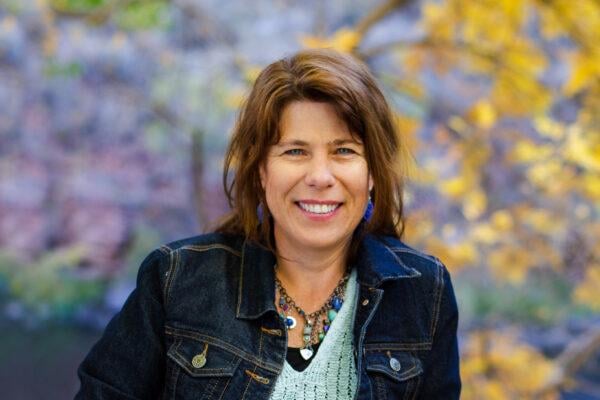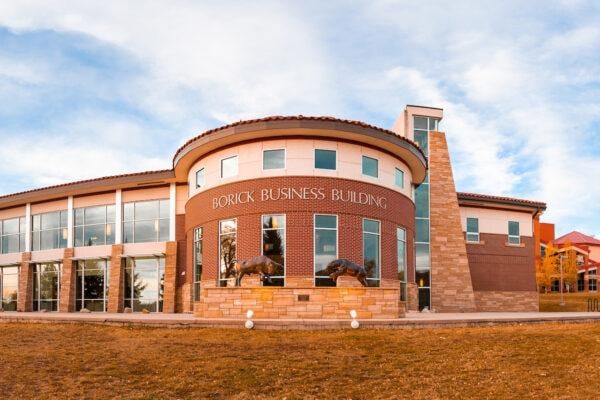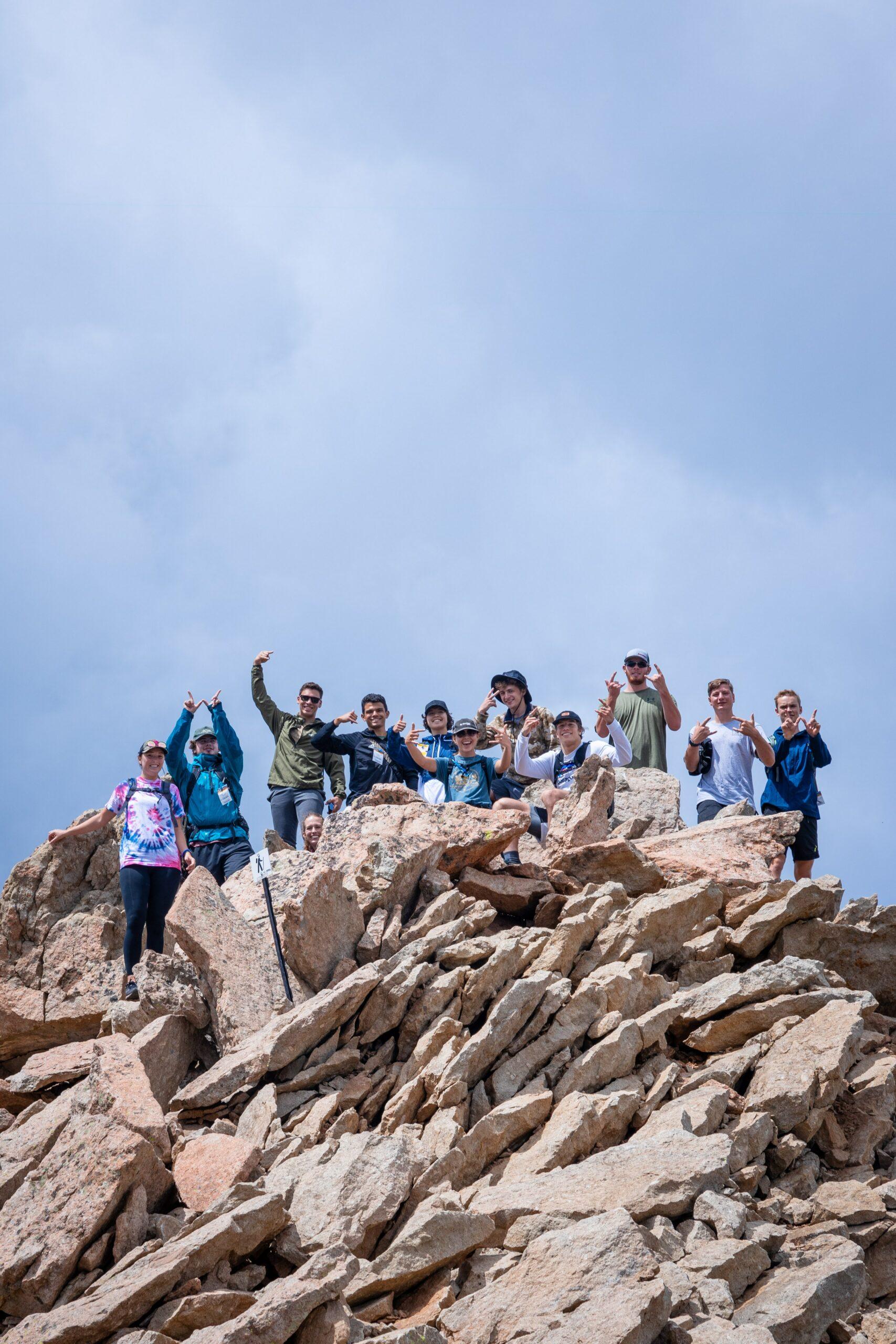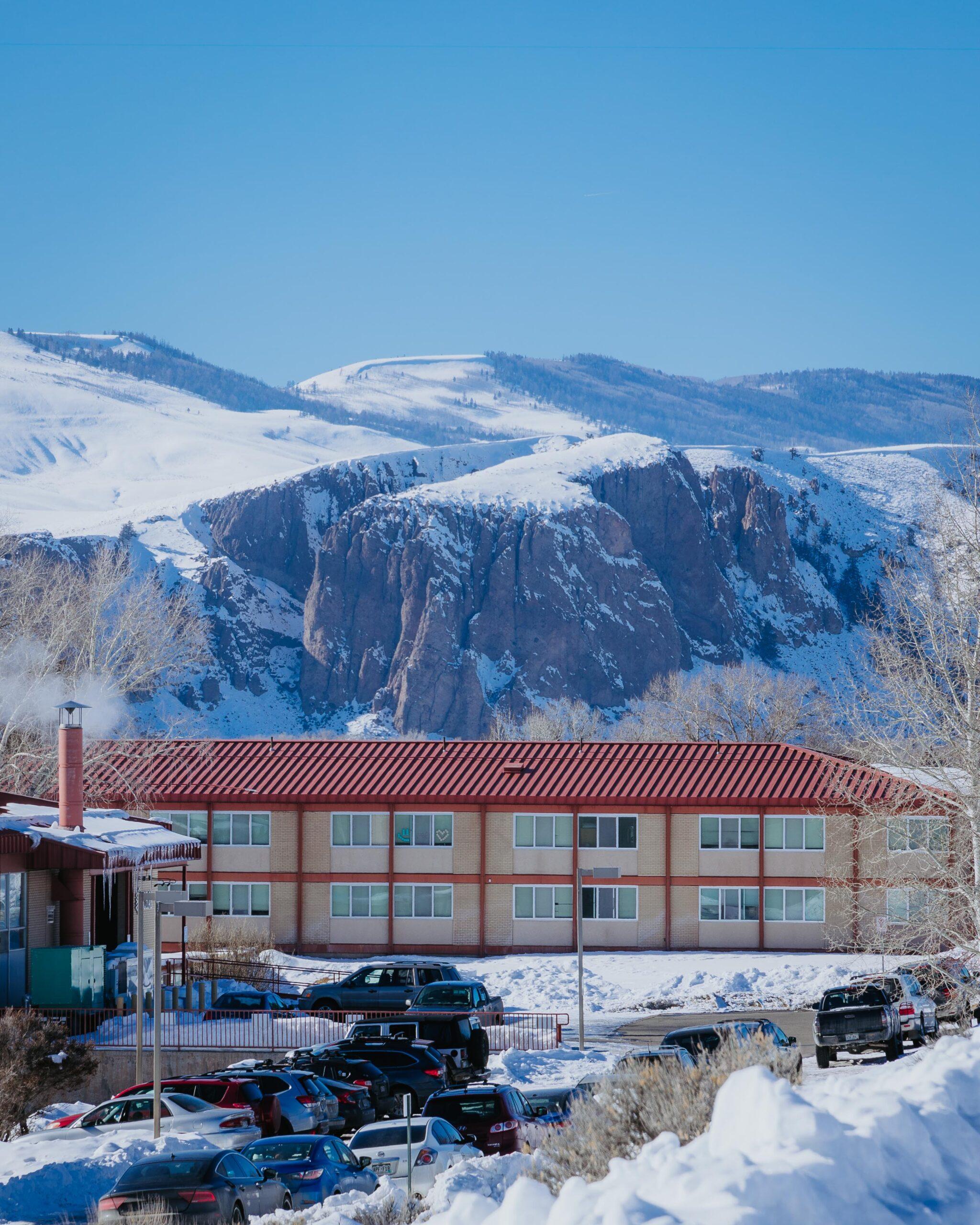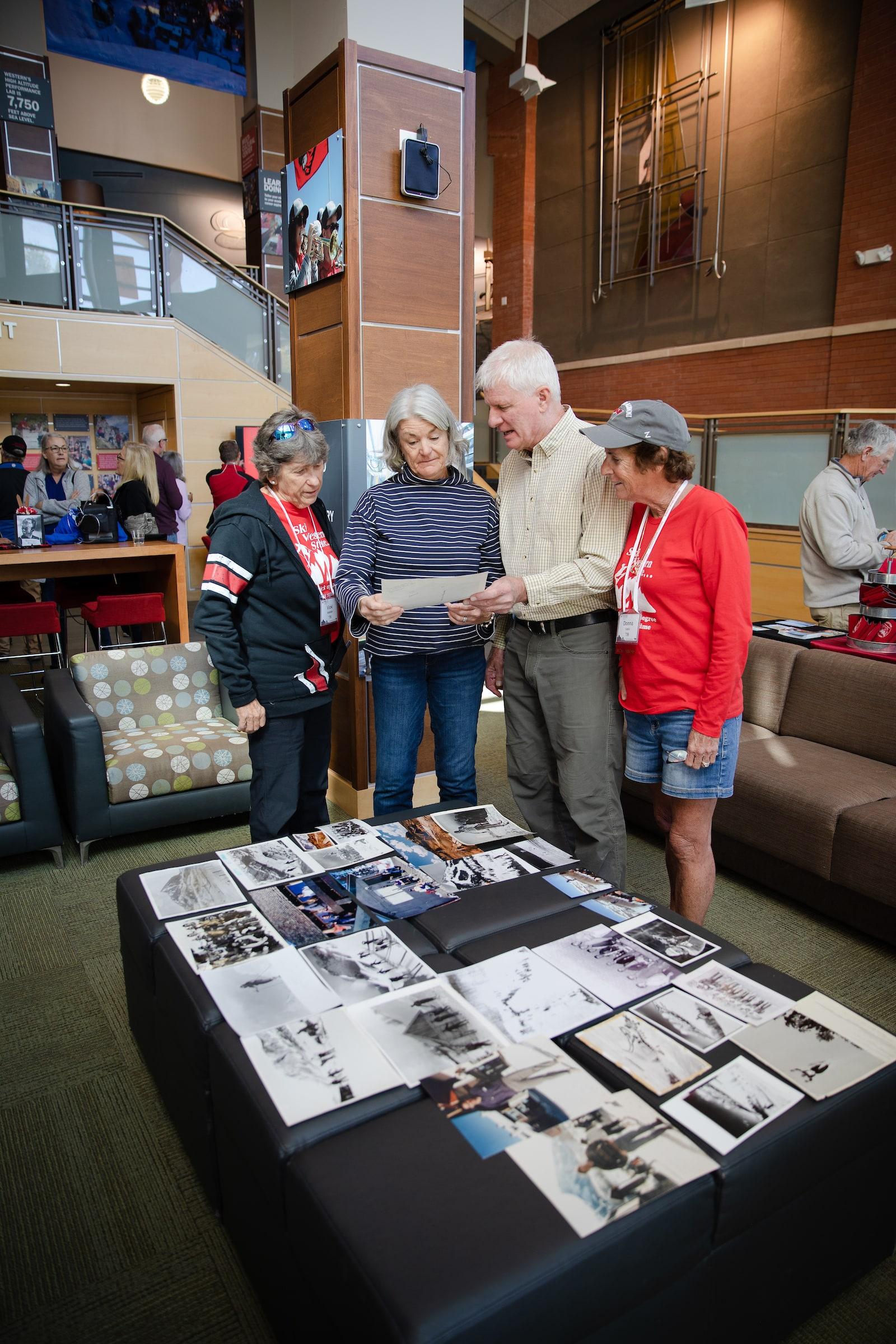Western is proud to announce the addition of a new Master of Fine Arts in Creative Writing with an emphasis on Nature Writing to the family of Graduate Programs in Creative Writing’s low-residency programs.
The Nature Writing MFA is a two-year program, beginning in July each year.
This new program will explore natural and built landscapes through many genres of writing, from essaying about natural features, to crafting poems about urban environments and reportage pieces that explore climate change issues.
“Both graduating undergraduates and mature professionals with an interest in writing about the environment are great fits for this program,” said Tyson Hausdoerffer, Ph.D.
Western’s location in the wild heart of the Rocky Mountains provides the perfect balance for the low-residency Nature Writing MFA.
Because the program is low-residency, students will complete the majority of their coursework wherever they live, work and engage with their natural and built environments. However, through three, two-week-long summer intensives, students will also have the opportunity to explore Western’s unique natural environments, including the Black Canyon of the Gunnison and Colorado’s Fossil Ridge Wilderness.
In addition to encouraging students to write about the natural world, students of the Nature Writing MFA may also work with community members and take courses from the Graduate Programs in Creative Writing (including Screenwriting, Genre Fiction and Poetry), as well as classes from the Master in Environmental Management program.
The Nature Writing MFA also has partnerships with High Country News and the Center for Humans and Nature, allowing students to read and learn from, as well as complete practicums and submit work to these organizations.
The program will cover why humans first began writing about the natural world and how nature writing has evolved over time, including the impact of various changes, such as taming of wilderness, overconsumption and climate change.
For more information about the program, please email Tyson Hausdoerffer, Ph.D., at whausdoerffer@western.edu.

